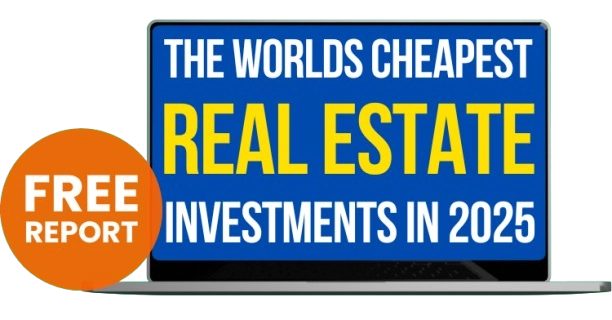Negotiating a real estate deal in another country—both the purchase and the sale—is likely to be different for you than any experience you have with real estate in your home country. But buying property overseas can be a little different.
For example, in the United States you typically fill out a purchase agreement with your offer price, contingencies, and any other details and sign.
Your offer overseas won’t be as formal… at least to start. You may just tell your agent the price you want to offer, and he will call the owner or the other agent. Once you agree on the price, you might then list out your contingencies if you have any.
Whereas in the States you generally expect a counteroffer if the seller doesn’t accept your price outright, in Latin America you might just hear back from your agent that the seller just declined your offer. That’s not unusual, especially in a seller’s market.
The seller expects you to then come back with a higher offer even though they’ve given no indication they are willing to settle at a price lower than the list price. In fact, don’t be surprised if the seller comes back with a price higher than the list price…
Buying a property overseas—be it a new property, a pre-construction, or already owned—always has an element of risk. But you can minimize your chances of getting burned by slowing down and taking the time to do your research.
Get In The Overseas Property Game
Slowing Down Is Key
Developer Mike Cobb advises to treat an overseas property purchase like a marriage.
“Did you meet your spouse and marry them all in one day?” Mike asked.
For most of us, that would be a resounding no.
The same level of caution we exercise during those first sparks of a romantic relationship needs to be applied to an overseas property purchase.
Sure, a property may give you goose bumps. That’s a good start. But no matter how good a deal, no matter how credible a developer, the decision to put your money (or borrowed money) on a piece of foreign real estate should not be made in a day.
Before you take the next step with your prospective new home or investment property, you need to ask certain questions —things that will signal whether this is a match for you…
Get In The Overseas Property Game
1. Is there year-round access to the area in both the dry and rainy seasons?
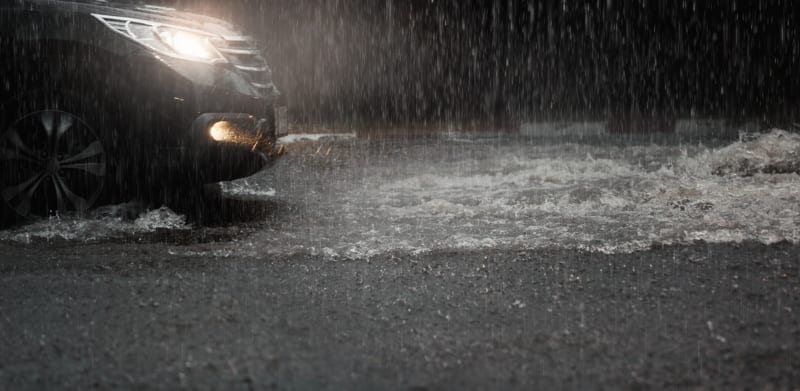
This is especially important in Latin America. If you plan to live on your property only during the dry season, it may never be an issue. But, if you plan to rent your property—and the roads are impassable for months of the year—it will cost you.
2. Does the existing infrastructure include underground utilities, stormwater management, paved streets, and sidewalks?
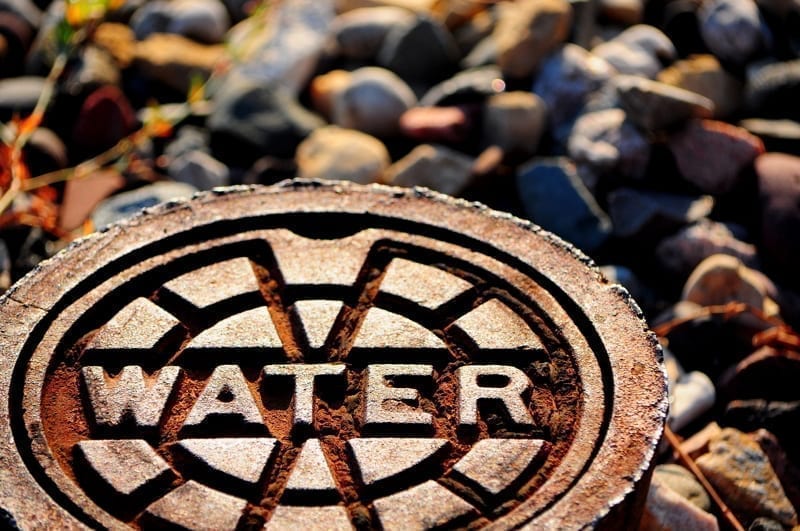
I repeat, existing infrastructure. You don’t want to buy your property before these basics are in place. Again, in many parts of Latin America, it can rain 20 inches in 24 hours. Where does the water go? Ask to see the stormwater engineering plan.
Get In The Overseas Property Game
3. Buying Property Overseas: Is There Enough Water And Water Pressure?

A drip shower, anyone? Not something you want to experience every day in your new home in paradise, right?
4. Is the home plumbed for water in all the bathrooms?

It’s not uncommon to walk into a luxury home overseas and find cold water running from both taps. We’ve heard of defensive developers saying that, in tropical climates, you don’t need hot water… or that cold showers are good for you. Would you accept that?
Get In The Overseas Property Game
5. Will there be a community?

If what you’re looking at is a naked piece of land, could you survive if nobody else bought on the property? Sometimes, though you’ll pay more coming later to the table, it’s better to wait until some community exists. Also remember that the future value of your property is based on a community and amenities developing around it.
6. Is there a building requirement?
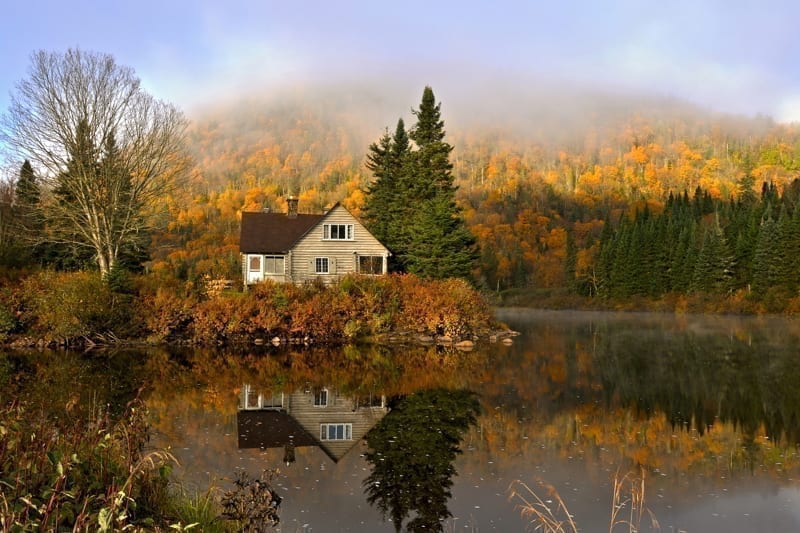
In planned communities, many investors buy the land to flip later… when all the amenities are in. Worst-case scenario, if nobody else ever broke ground, would you be happy living in paradise surrounded by empty lots?
7. Is there any kind of zoning?

You think you’re in a beautiful place… until your neighbor shows up and builds the house from hell. Not only that, but it gets in the way of your ocean view. It happens more often than you’d think.
8. Buying Property Overseas: How Much Are The HOA Fees?
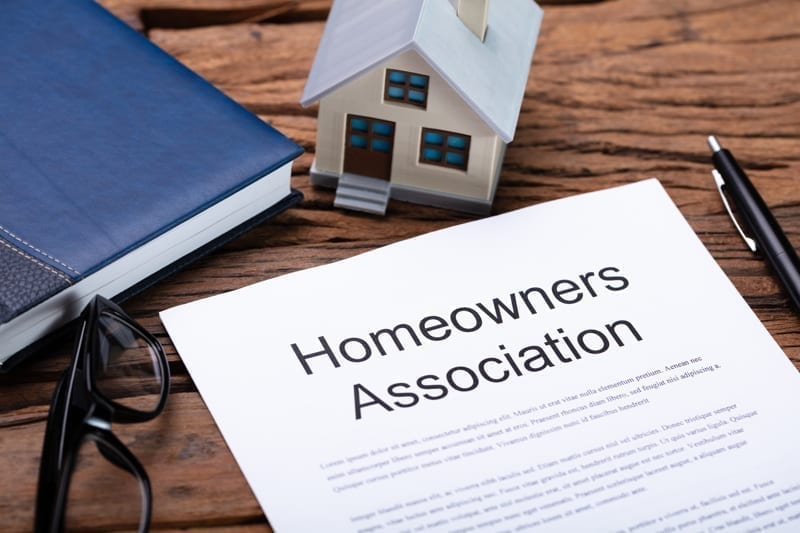
Outside of the United States, HOA fees are unregulated—they are whatever the developer says they are. Sometimes, developers will make them attractively low to bring buyers in… but be forced to raise them later to keep up with maintenance… or, even worse, neglect to maintain the common areas. Make sure the fees line up with what you think.
9. Is the development company financially sound?
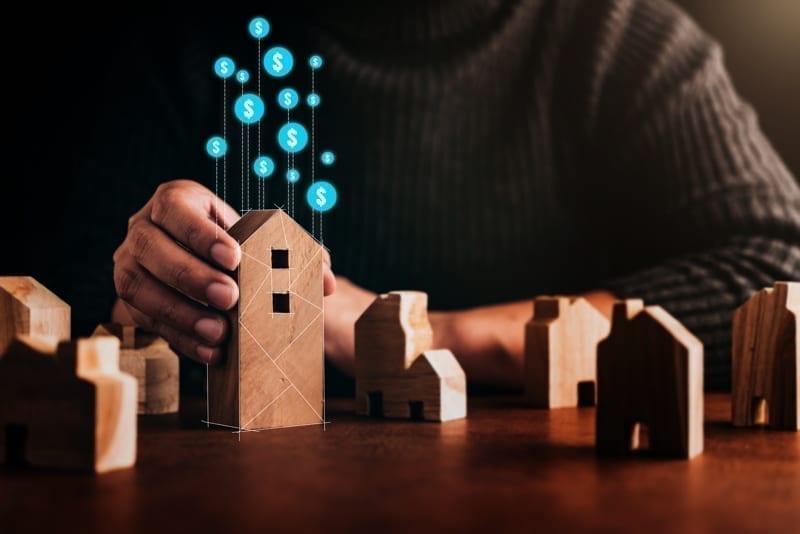
When a developer tells you he’s going to build a clubhouse, a golf course, etc., ask him to show you where exactly that money is coming from (if in doubt, ask to see a bank statement). Often you’ll be told that the money will come from lot sales. Sometimes developers will take that money to buy more land without putting it into the promised amenities. Which leads us to the next point…
10. Does the company have a record of success?

How long has the developer been in business? Do they have a competent team? Track record is crucial here. Though no property purchase comes without risk, it can be minimized when you work with a competent team with a list of past successes.
11. What’s the real cost of the investment?

For the most part, the deals that you’ll receive in your inbox will give you the minimum investment amount or the starting price and that’s it.
Developers are notorious for not including the cost for furniture and appliances in their promotional brochures so you’ll need to ask. Get an idea about the closing costs that you’ll be responsible for (taxes, broker’s fees, attorney, notary). What about the ongoing costs such as the before-mentioned HOA fees, property and rental management, and utilities?
Some of these questions may seem nitpicky. Or you may be afraid of getting on the wrong side of a developer. But, in overseas markets, developers expect these kinds of questions.
It’s how you protect yourself. By asking these questions, you’ll be able to quickly filter out offers that don’t make sense for you, and focus your time and energy on the deals that do.

